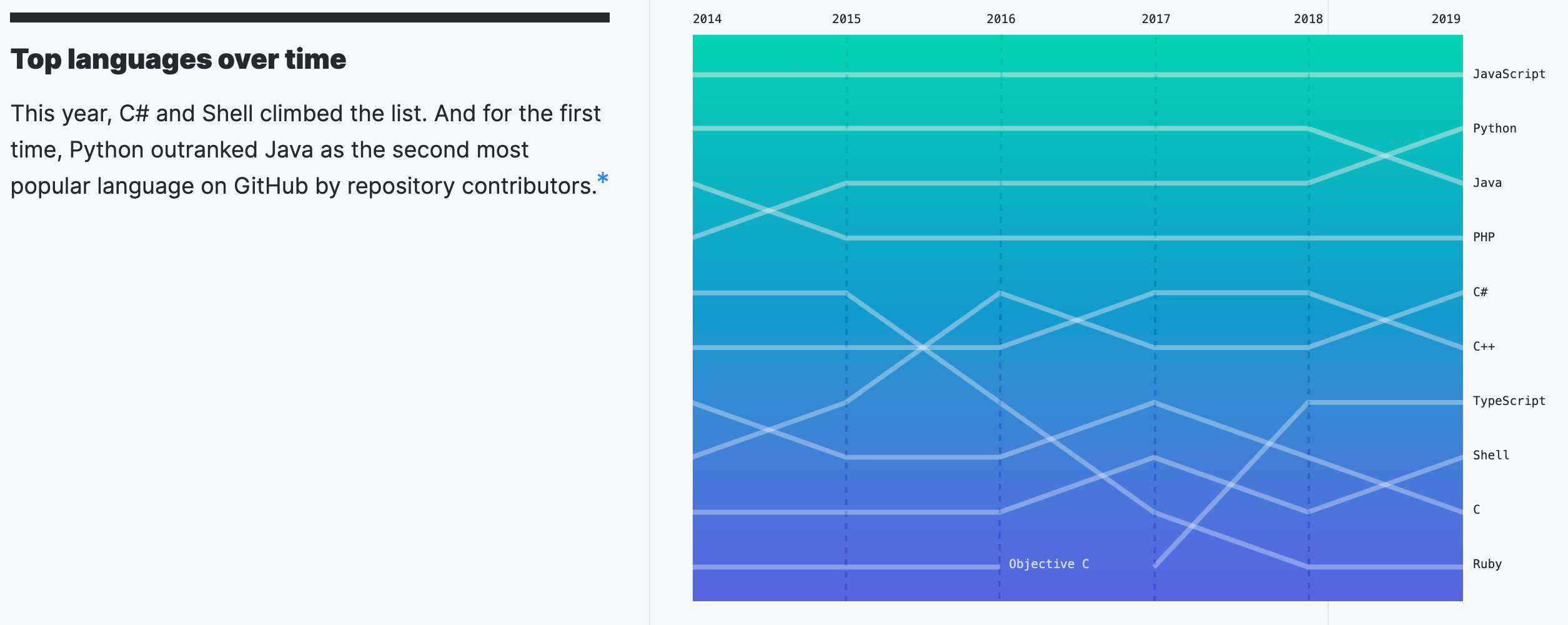The big picture: GitHub has added over 10 million users since it was acquired by Microsoft last year. The biggest contributors to that growth have been developers living in developing countries, and the hottest repositories revolve around data science and machine learning.

GitHub has released its annual "State of the Octoverse" report, which looks at code repositories and outlines the general trends in software development. The Microsoft-owned company is currently used by over 40 million developers worldwide, most of which are living outside the US.
Interestingly, a significant part of all contributions were made by developers that reside in Africa, the Middle East, and Eastern Asia. African countries like Kenya, Tunisia, Morocco, and Nigeria saw a surge in activity that is 40 percent more than any other continent. Over the last few years, developers around the world have created more than 44 million new repositories, adding on top of the 100 million milestone that was reached last year.
Unfortunately for some, GitHub had to apply US-imposed trade restrictions to developers in Iran, Syria, Cuba, North Korea and Crimea earlier this year, which severely limited their access to anything beyond the most basic features of the service.
JavaScript is still the most popular language used by developers on GitHub, followed by Python and Java, which was the most used language not too long ago. As for the fastest-growing language, that title goes to Google's Dart, which powers the company's Flutter toolkit that is popular for iOS and Android app development.
A year after being acquired by Microsoft, the company still has a hard time keeping its promise that it will retain its core philosophy. Some employees have left the company after protesting its licensing agreement with ICE, the controversial Homeland Security agency that is tasked with arresting and deporting illegal immigrants.
GitHub also recently blocked Spanish users from accessing an app that helps Catalan independence protesters, and has since received other takedown requests from Russia and China. This follows the same trend as other big companies like Apple, who similarly blocked an app that helped Hong Kong protesters and a news app that extensively covers the phenomenon.
https://www.techspot.com/news/82719-github-80-percent-repository-contributions-come-outside-us.html
